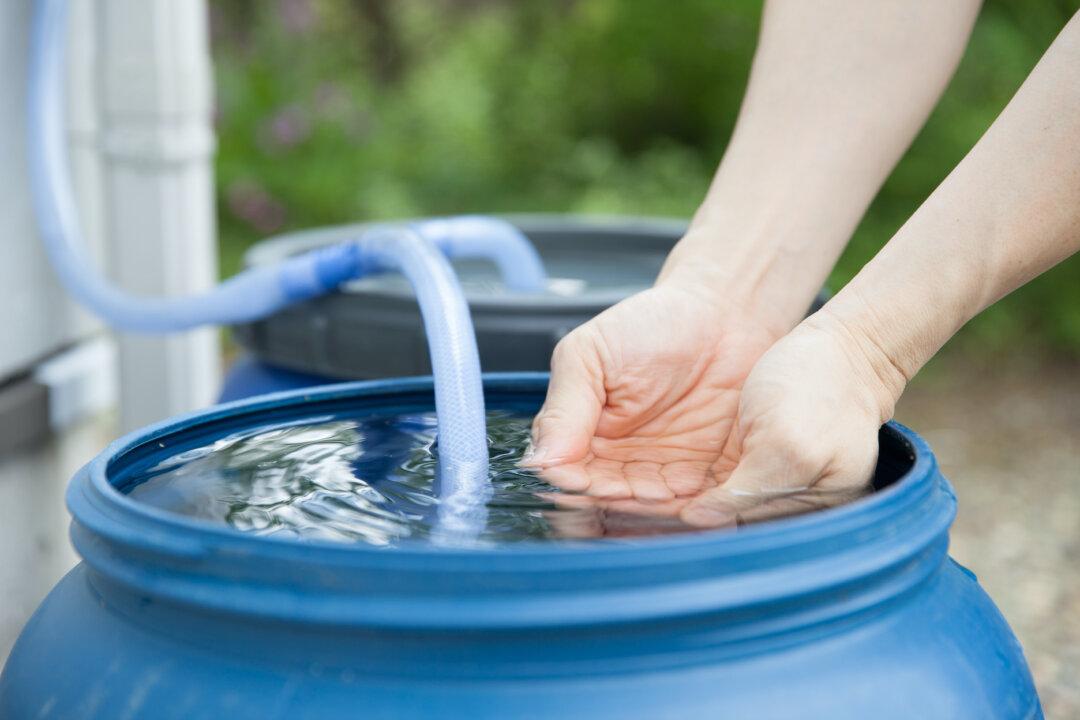The capital city of New Zealand, Wellington, is struggling to provide enough water to meet demand, meaning water restrictions during the upcoming summer are almost inevitable.
A report by Wellington Water told local councils that due to limited funding, it was unable to sufficiently maintain its aging water infrastructure, with many assets already beyond the nominal end-of-life.





